Cancer Conversations Part I: How to tell the family about your diagnosis
One of THE most difficult dimensions of the cancer experience involves communicating effectively with friends and family. The truth is, large amounts of anxiety, confusion and fear surround cancer. People are incredibly uncomfortable talking about cancer and relating to people with cancer. The reverse is also true: those with cancer often report great difficulty talking with friends and family after diagnosis. They often feel that "people don't understand" what they are going through. Thus it's not surprising that communications about a cancer diagnosis tend to lack clarity, depth and understanding.
Photo courtesy of
Angelo Merendino
www.mywifesfightwithbreastcancer.com
.
. Visit facebook page at:
My-Wifes-Fight-With-Breast-Cancer
But, it's not this way for everyone, and it doesn't have to be this way for you. Many people have reported deeper, stronger more intimate loving relationships through cancer.
How should you tell friends or loved ones about your diagnosis? There is no right way to do it, but here are a few tips. The program or guide can be remembered by the acronym GOALS (created by Alexander Marmé, MD). I expanded on it a bit, but the basics are the same.
GOALS
- Get together. Especially for the initial cancer diagnosis announcement, cancer treatment discussions and the like, it's important to pick a special time and place to talk. Do it mindfully, purposefully and gently. You want to set the stage for this conversation apart from the distractions of day-to-day life. Ask family/friends to meet with you at a specific time/place. If you are a family that prays, do this first, before the talk. If not, you can still set a loving intention for the talk, genuinely thank the person for coming and listening to what you have to say.
- Opening. Those involved should agree as much as possible that there is a need or wish to talk. If parties involved don't wish to continue with the talk at that time, give them space. The reverse is also true for you. You can and should ask for a "time out" if things get too heated. However, let the person know you will resume the talk calmly at a specific time, don't leave the conversation without this promise.
- Acknowledge each other's emotions. This part is the most crucial but difficult piece. Your goal in this talk is to understand how the other person is feeling. This seems counterintuitive at first, we often imagine that the goal is for them to understand us. This never works. Instead, try to understand them. Reflect back what they are saying. Ask for clarification. By default, it will create space for them to understand you; a vacuum is created when we actively listen to another person. Acknowledging their feelings will open the door for deeper communication and loving support.
- Learn about your disease. You may hear advice to stay away from the internet. I always advise the opposite. Patients who take healing into the their own hands- educate themselves about their disease and ask questions tend to do better with their disease than those who simply "yes man" everything. It's ok to research, ask questions, and make requests. You can also exchange ideas about treatment with family and friends. They will undoubtedly provide suggestions. Remember, the choices you make about treatment are ultimately up to you, it can't hurt to listen to another's ideas; it does not mean you must take their advice.
- Strategy. It's important to make plans to meet again, especially with concerned family members, allow them to be heard and to keep the lines of communication open. It is important for you to share what your thoughts are as well. Isolation, believing that "no one understands" and shutting down are danger zones for people living with cancer. Even if you believe they don't understand, say it anyway. Cancer is a time for you to open and speak up.
These actions set the stage for open, respectful and loving communication. The outcome of the communication however is another thing entirely (Cancer Communications Part II later this week) and not in your control. You are responsible ONLY for your part.
Cancer can be an opportunity for greater, deeper knowing, love and intimacy. In this way, cancer is an opening, just an opening. It's a thing which makes no sense, but it is. Your power lies in how you relate to what is, and that power is great. I wish you love.
Dr. Regina is a cancer survivor and practices Mindful Psycho-Oncology or "Cancer Therapy" in North County San Diego. 858.880.0145

